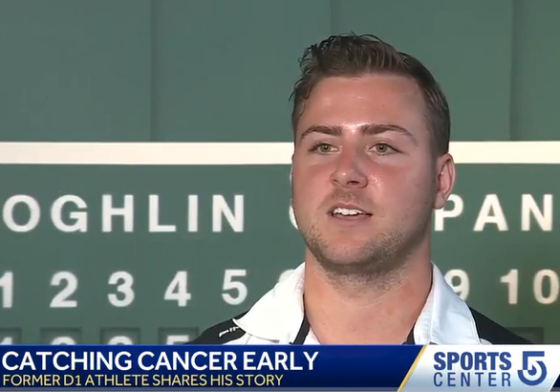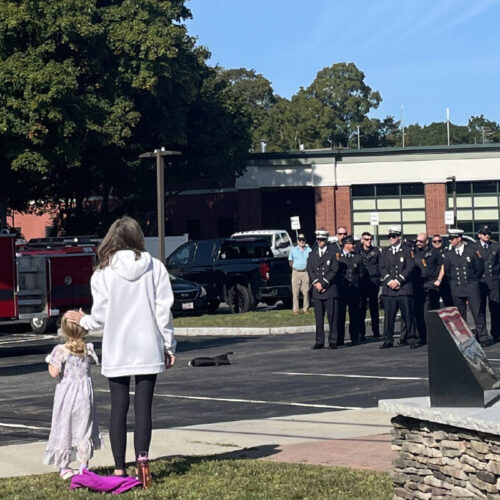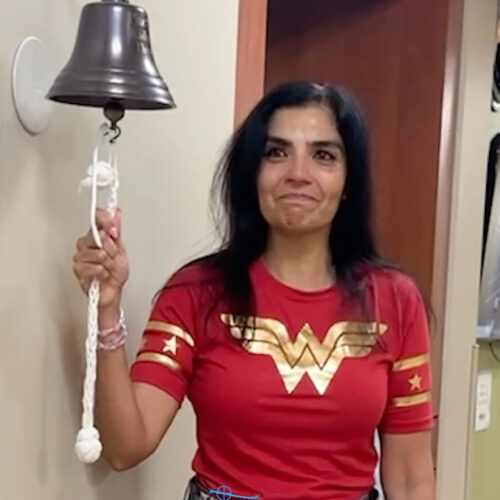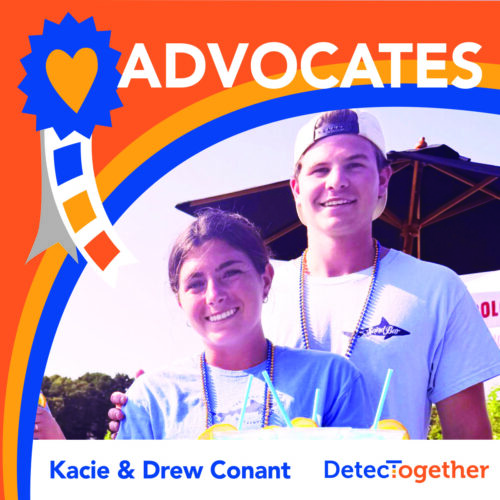
Health Educators CAN Change the Future through Early Cancer Detection Education
In a recent study published by the journal Cancer, projections show that there will be an 84% rise in cancer diagnosis in adult males by 2050. And more alarmingly, death rate from those diagnoses will increase by 93% in the same time period. Overall, early-onset cancers have increased by 79% in males and females combined. These are cancers diagnosed between the ages of 18-49. Just these 3 statistics point to the need for education revolving around early cancer detection.
As a health educator, you are uniquely positioned to have a direct effect on these statistics. By providing students with the life skills to actively participate in their own health care and understand their role as a patient, you can help turn the tide.
DetecTogether has been teaching 3 Steps Detect to young adults for over 15 years and now provides FREE curriculum materials for teachers to bring this life-saving education to their classrooms. These materials have been created by teachers for teachers and provide a full complement of assessments, presentations, and supplemental activities to make early detection a habit.
With a focus on early cancer detection, students will learn WHEN to activate their own healthcare as well as HOW to do so effectively. In an ever-changing healthcare landscape, it is more important than ever to provide our young people with the knowledge and skill to be healthy. Habits for life can be formed in your classroom!
Here are some examples of how 3 Steps Detect aligns with the new National Health Education Standards:
Standard 4: Use interpersonal communication skills to support health and well-being of self and others.
4.12.1 Apply effective communication skills across multiple modes of communication and media formats to support health and well-being of self and others.
Asa Floyd is a student whose life was saved by the 3 Steps Detect education he received in high school. Since then, he has played Division 1 baseball, graduated from college, and started his career, all while advocating for early cancer detection among young people. Learn more about Asa’s story.
Standard 5: Use a decision-making process to support health and well-being of self and others.
5.12.6 Develop a plan of action to implement a health-related decision.
“I learned a lot about what I could do if I ever do notice something not quite right. Not knowing my family history makes me a lot more aware so knowing this I feel a lot better hearing what and what not to look for.” Student – Worcester Academy, MA
Click here for a document showing 3 Steps Detect alignment will all National Health Education Standards.
Be sure to read Part One of the series: NEW National Health Education Standards Alignment with DetecTogether Program for the High School Classroom






